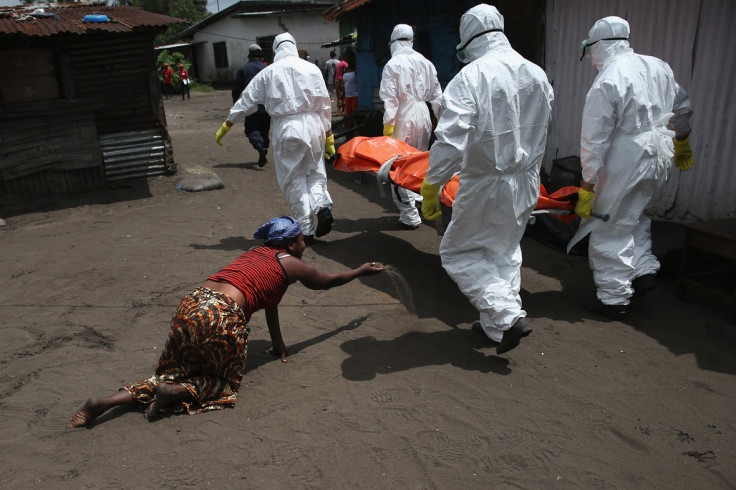North Manchester General Hospital confirms patient being 'tested for Ebola'

A patient is in isolation at North Manchester General Hospital and being tested for the Ebola virus, authorities there have confirmed.
The patient, who has a "history of travel to West Africa", is being cared for within a specialist clinical infectious diseases unit at the hospital.
Ebola is considered unlikely but testing is being done as a precaution
A spokesman for Pennine Acute Hospitals NHS Trust which runs the hospital said: "A patient in North Manchester General Hospital is undergoing a series of tests following travel to West Africa, as a precaution one of which is for Ebola.

"Our specially trained doctors and nurses are used to treating such patients, who may have a history of travel to West Africa. The patient is currently in our specialist clinical infectious diseases unit where they are being cared for in isolation, away from other patients."
A statement by Public Health England stressed the tests were precautionary and infection with the virus considered unlikely.
The statement read: "We can confirm we have received a sample for Ebola testing relating to a patient presently at North Manchester General Hospital with a history of travel to West Africa.
"Ebola is considered unlikely but testing is being done as a precaution, as is our usual practice in these circumstances. We are confident that all appropriate actions are being taken to protect the public's health.
"As a precaution the patient is being kept in isolation until blood test results are available. It is not possible for PHE to provide any details on individuals being tested prior to the test result being known."
The news comes as it emerged that the condition of 39-year-old Scottish nurse Pauline Cafferkey has improved and she is no longer critical. Cafferkey tested positive for Ebola in December after returning from Sierra Leone, where she had been treating victims.
Around 7,800 people have died of Ebola, which has no cure, since the outbreak began a year ago. The World Health Organisation estimates 20,000 people may have been infected in the worst-affected areas of west Africa.
© Copyright IBTimes 2025. All rights reserved.






















